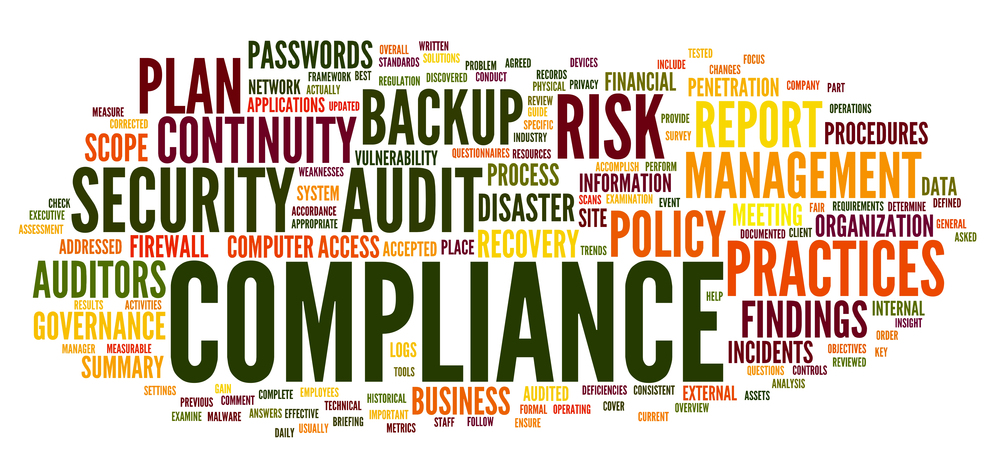If you’re a government contractor based in Dracut, MA, you know that working with federal contracts isn’t just about delivering exceptional work. It’s also about keeping your financial house in impeccable order. The stakes are high, and the consequences of non-compliance can be severe, from fines and penalties to the risk of losing future contracts. Financial compliance isn’t just a box to check off; it’s the backbone of your contracting success. Let’s walk through some essential tips to help you stay compliant and competitive.
Understanding Compliance
Financial compliance for government contractors involves adhering to stringent regulations set by agencies like the Defense Contract Audit Agency (DCAA). These rules dictate everything from how you allocate costs to how you track employee time. Why is this so important? Because the government wants to ensure that taxpayer dollars are spent efficiently and ethically. Non-compliance can lead to audits, contract terminations, or even legal consequences. For Dracut-based contractors, understanding these regulations is critical to maintaining a good standing and securing future work.
Key Compliance Challenges
Operating a government contracting business in Dracut comes with unique hurdles. For one, you have to navigate complex DCAA regulations that require precise cost allocation and timekeeping. Then, there’s the challenge of staying audit-ready at all times. Unlike commercial projects, where some flexibility might exist, government contracts demand meticulous compliance with every financial detail. Here’s how to get it right.
Essential Compliance Tips
1. Maintain a DCAA-Compliant Accounting System
First and foremost, your accounting system needs to be rock-solid and fully compliant with DCAA requirements. This isn’t the time for shortcuts. You’ll need software capable of tracking costs by project, separating direct and indirect expenses, and generating detailed financial reports. Make sure every financial transaction is well-documented and easy to trace. Regularly review your system to ensure it’s up to date and capable of producing the required reports when auditors come knocking.
2. Implement Accurate Cost Allocation Practices
Proper cost allocation is a cornerstone of government contracting compliance. You must clearly distinguish between direct costs (expenses tied directly to a contract, like materials or labor) and indirect costs (overhead expenses shared across projects). Any misallocations can spell trouble during an audit. Develop written policies outlining your cost allocation methods and apply them consistently. If cost allocation feels like a labyrinth, consider seeking professional help to ensure you’re on the right path.
3. Adopt Rigorous Timekeeping Methods
Timekeeping is another area where government contractors often stumble. Every employee working on a government contract must track their time with absolute precision, down to the exact hours and minutes worked. Make sure you have a timekeeping system in place that records entries accurately and allows for regular audits. Train your employees on the importance of accurate time tracking, and conduct routine checks to ensure everyone is following procedures. Remember, a minor mistake can snowball into a major compliance issue.
4. Stay Prepared for Audits
Audits are an inevitable part of working with government contracts, but you don’t have to fear them if you’re prepared. Keep comprehensive records of all financial transactions, including receipts, invoices, and payroll information. Regularly conduct internal audits to identify potential issues before an external auditor does. Having a checklist of common audit triggers—like unapproved cost transfers or incomplete time logs—can help you stay proactive.
5. Seek Expert Guidance
Compliance is complex, and even the most diligent business owners can benefit from expert advice. Financial professionals who specialize in government contracting can provide insights that are difficult to glean on your own. They’ll help you interpret changing regulations, optimize your accounting system, and prepare for audits. Partnering with an expert not only gives you peace of mind but can also position your business for long-term success.
How Peter Witts CPA Can Assist
This is where Peter Witts CPA comes in. We understand the unique challenges faced by Dracut-based government contractors and offer tailored solutions to help you stay compliant. From setting up DCAA-approved accounting systems to conducting pre-audit checks and offering cost allocation guidance, we’re here to support you every step of the way. Our team stays current with evolving regulations, so you can focus on your projects while we handle the financial details.
In the high-stakes world of government contracting, financial compliance isn’t optional; it’s a necessity. By maintaining a compliant accounting system, mastering cost allocation, adopting strict timekeeping, and staying audit-ready, you can protect your business and secure future opportunities. Don’t let compliance issues jeopardize your hard work. Contact Peter Witts CPA today to ensure your financial systems are up to par and ready for whatever comes your way. Let’s build a foundation for success together!

